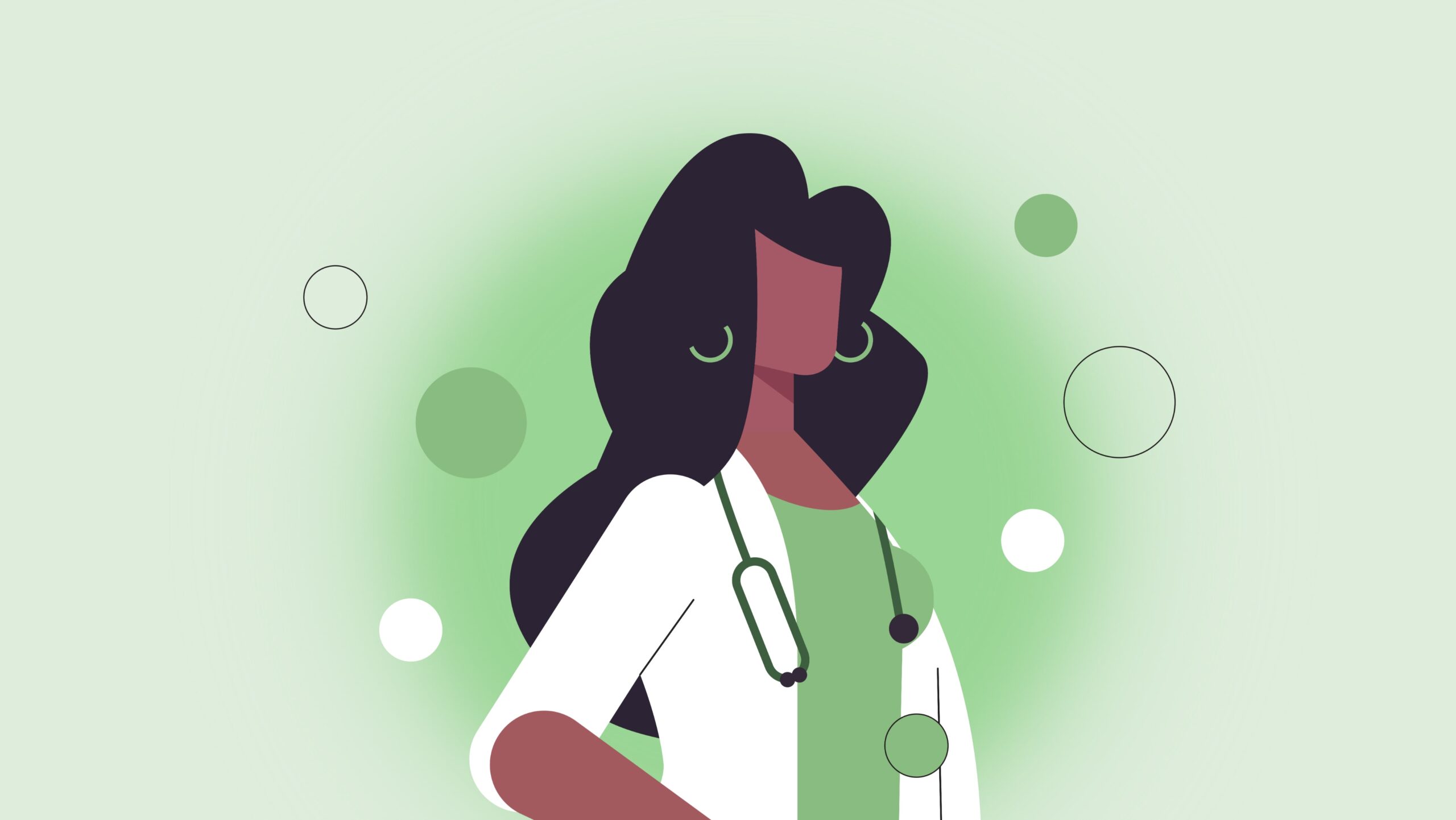WHO Supports Parliamentarians in Advancing Health as a Political Priority
/health-and-multilateral-partnerships-(hmp)/149-ipu-assembly.tmb-1200v.jpg?sfvrsn=c81325b7_1)
WHO joined delegations from 130 countries at the 149th Assembly of the Inter-Parliamentary Union (IPU) in Geneva, in October, to support parliamentarians in their work to advance health as a political priority in the face of serious emergencies including conflicts, disasters and the climate emergency.
Harnessing Science, Technology, and Innovation for a Peaceful and Sustainable Future
“Our greatest challenge is how we ensure this scientific golden age can be used to address the challenges of our time, and do so in a way that increases equity,” said Dr Gaudenz Silberschmidt, WHO Director for Health and Multilateral Partnerships, at the Assembly’s general debate on the theme of harnessing science, technology and innovation for a more peaceful and sustainable future.
“This will not happen by a passive trickle-down effect. The decisions you make really matter,” he said. He urged IPU members to support the last mile towards the approval of a pandemic prevention, preparedness and response accord agreement, and sustainable financing for global health.
Bridging Science and Policy for Universal Health Coverage
WHO is committed to facilitating open science, research and innovation, and IPU and WHO have a longstanding commitment to bridge science and policy. At the 31st meeting of the IPU Advisory Group on Health, WHO contributed to substantive discussion on a monitoring approach to track global progress on implementing the landmark IPU resolution on universal health coverage (UHC) in 2019.
Accountability is key, particularly for complex agendas like UHC which require action from so many different groups and agility in the face of mega trends including climate change, aging, migration, evolving geopolitics and advancing science and technology.
Addressing Challenges in Sexual and Reproductive Health and Rights
Parliamentarians also need access to the best available data, especially in areas of health and rights that are stigmatized and politicized. At a workshop on sexual and reproductive health and rights (SRHR) – organized jointly by IPU, WHO, the Human Reproduction Programme (HRP) and the Partnership for Maternal, Newborn and Child Health (PMNCH) – delegates from Malawi, Suriname and Zambia talked about challenges in their countries and the effect on communities, including high rates of adolescent pregnancy and early child marriage.
They also highlighted solutions. Hon. Cheryl Dijksteel, Member of Parliament, Suriname, championed evidence, advocacy and partnership to ensure that both in and out of school comprehensive sexuality education programmes are in place, and work to remove legal barriers that restrict adolescents’ access to sexual and reproductive health services.
Improving Maternal Health through Quality-Assured Medicines
Following a renewed commitment by 194 countries at the Seventy-seventh World Health Assembly (WHA) earlier this year, maternal health is high on the political agenda and quality-assured medicines for maternal health are an area for parliamentary action.
In many countries, particularly in low- and middle-income countries, healthcare providers cannot trust the effectiveness of medicines they rely on to save the lives of pregnant women and their newborn babies. A substantial proportion of medicines for maternal health care are substandard quality.
An event on the margins of the IPU Assembly – co-organized by IPU, WHO and HRP in collaboration with the United States Agency for International Development (USAID) – brought health experts together with parliamentarians from countries where substandard medicines are a particular challenge to maternal health.
“Improving access to quality-assured medicines is an important part of addressing unforgivable and persistent levels of preventable death during pregnancy and delivery, but it cannot be done by the health sector acting alone,” said Dr Pascale Allotey, WHO Director, Department of Sexual and Reproductive Health and Research, including HRP. “WHO and IPU’s commitment to addressing the political dimensions of health challenges is vital to advancing health, human rights, dignity and equality.”
About the Inter-Parliamentary Union (IPU)
The IPU is the global organization of national parliaments. It was founded in 1889 as the first multilateral political organization in the world, encouraging cooperation and dialogue between all nations. Today, the IPU comprises 180 national Member Parliaments and 15 regional parliamentary bodies. It promotes peace, democracy and sustainable development. It helps parliaments become stronger, younger, gender-balanced and more innovative. It also defends the human rights of parliamentarians through a dedicated committee made up of MPs from around the world.
For more information about the IPU, contact Thomas Fitzsimons at e-mail: press@ipu.org.
SDGs, Targets, and Indicators
| SDGs | Targets | Indicators |
|---|---|---|
| SDG 3: Good Health and Well-being | 3.8 Achieve universal health coverage, including financial risk protection, access to quality essential health-care services, and access to safe, effective, quality, and affordable essential medicines and vaccines for all | Not mentioned in the article |
| SDG 5: Gender Equality | 5.6 Ensure universal access to sexual and reproductive health and reproductive rights as agreed in accordance with the Programme of Action of the International Conference on Population and Development and the Beijing Platform for Action and the outcome documents of their review conferences | Not mentioned in the article |
| SDG 10: Reduced Inequalities | 10.3 Ensure equal opportunity and reduce inequalities of outcome, including by eliminating discriminatory laws, policies, and practices and promoting appropriate legislation, policies, and actions in this regard | Not mentioned in the article |
| SDG 16: Peace, Justice, and Strong Institutions | 16.6 Develop effective, accountable, and transparent institutions at all levels | Not mentioned in the article |
| SDG 17: Partnerships for the Goals | 17.14 Enhance policy coherence for sustainable development | Not mentioned in the article |
1. Which SDGs are addressed or connected to the issues highlighted in the article?
- SDG 3: Good Health and Well-being
- SDG 5: Gender Equality
- SDG 10: Reduced Inequalities
- SDG 16: Peace, Justice, and Strong Institutions
- SDG 17: Partnerships for the Goals
2. What specific targets under those SDGs can be identified based on the article’s content?
- Target 3.8: Achieve universal health coverage, including financial risk protection, access to quality essential health-care services, and access to safe, effective, quality, and affordable essential medicines and vaccines for all
- Target 5.6: Ensure universal access to sexual and reproductive health and reproductive rights as agreed in accordance with the Programme of Action of the International Conference on Population and Development and the Beijing Platform for Action and the outcome documents of their review conferences
- Target 10.3: Ensure equal opportunity and reduce inequalities of outcome, including by eliminating discriminatory laws, policies, and practices and promoting appropriate legislation, policies, and actions in this regard
- Target 16.6: Develop effective, accountable, and transparent institutions at all levels
- Target 17.14: Enhance policy coherence for sustainable development
3. Are there any indicators mentioned or implied in the article that can be used to measure progress towards the identified targets?
No, the article does not mention or imply any specific indicators that can be used to measure progress towards the identified targets.
Source: who.int







